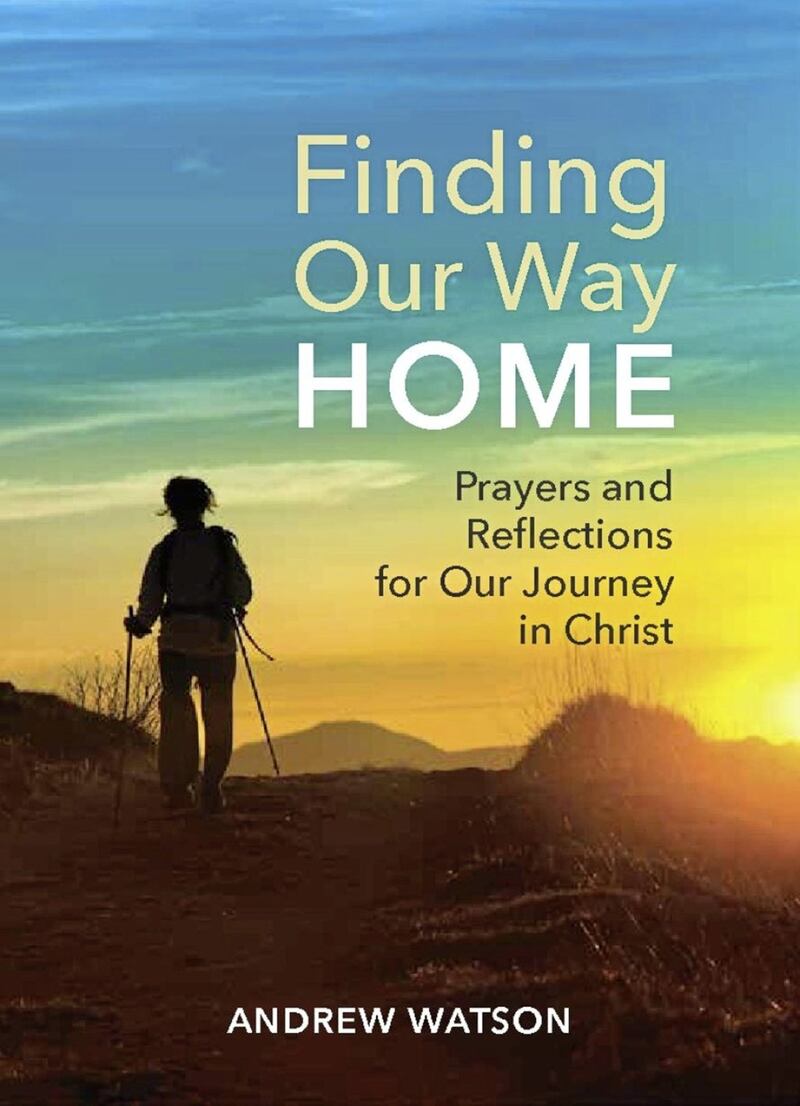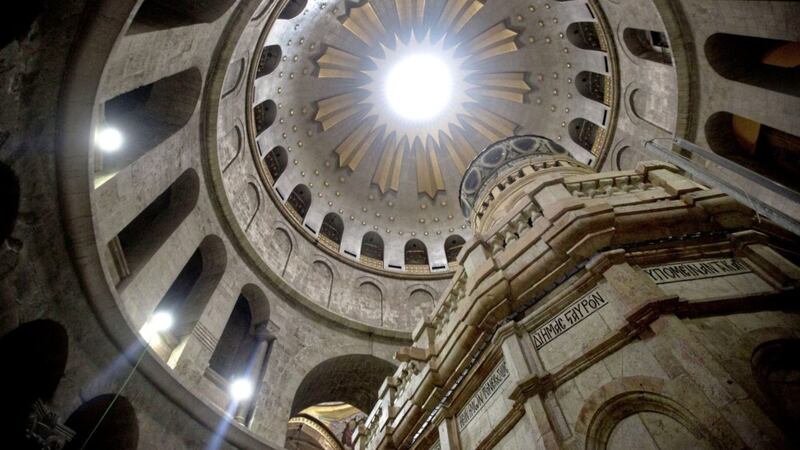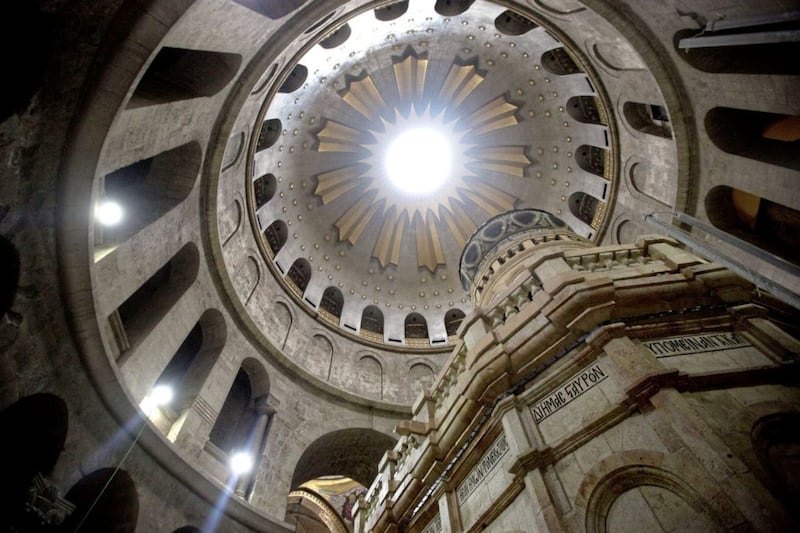"By His wounds we are healed" - Isaiah 53:5
WOUNDS. We have some of our own.
Words, actions or omissions of others; family members, colleagues, those we've considered friends. God appearing indifferent to our most earnest pleas.
And it is so easy to allow the bitterness and disappointment to cripple us from living whole for the rest of our lives.
Neighbours don't speak, relations are dropped from the guest list, folk stop attending church.
We retreat into our little safety zones, blaming this one or that group, some system or deity, but the biggest obstacle is the barricade we've erected inside ourselves, not willing to trust or love again, not wanting to gain any more wounds. We seek justification in the wisecracks and arguments of comfortless cynics.
But what if, by some grace we could move past this wearying life stage of such broken thinking and feeling and allow faith to live again? To embrace this crazy notion that some wounds can actually bring healing?
His did. It's the central truth of Christianity. Christ deliberately endured the suffering of Golgotha as an offering of atonement to heal the broken relationship between sinful humans and their holy maker: "By His wounds we are healed."
That being the case, is it possible that those who taste in Jesus the amazing grace of God might discover redemptive qualities in some of our own hurts and sorrows?
When it comes, we accept the wound as part of the whole package of life, which after all is God-given
Like the humility to depend for resources beyond our own. Compassion with real empathy for our fellow wounded.
Or the inspiration to realise an injury as an opportunity to forgive and show generosity to an enemy, rather than an excuse to live years with twisted emotions.
It's not that we masochistically volunteer for extra hardship, or don't challenge injustice and wrong as we should.
But when it comes, we accept the wound as part of the whole package of life, which after all is God-given.
Like Christ, our example in Gethsemane, we pray honestly, confessing our anguish, but embrace our relatively little cups of suffering should this be the Father's will.
We determine to trust and do whatever good we can. We conduct ourselves, whatever happens, in a manner worthy of Christ. We take up our crosses and follow Him.
In so doing, we may well become conduits of light and promise in the darkness of this world's crucifixion scenes.
More, in expressing praise, gratitude, freedom and joy under pressure we become modest but authentic illustrations of resurrection.
- Rev Andrew Watson is minister of the Presbyterian congregations in Dunfanaghy and Carrigart in Co Donegal and blogs at www.wordsurfers.com. He is the author of Finding Our Way Home: Prayers and Reflections for Our Journey in Christ, published by Veritas and on the suggested reading list for the World Meeting of Families in August.









